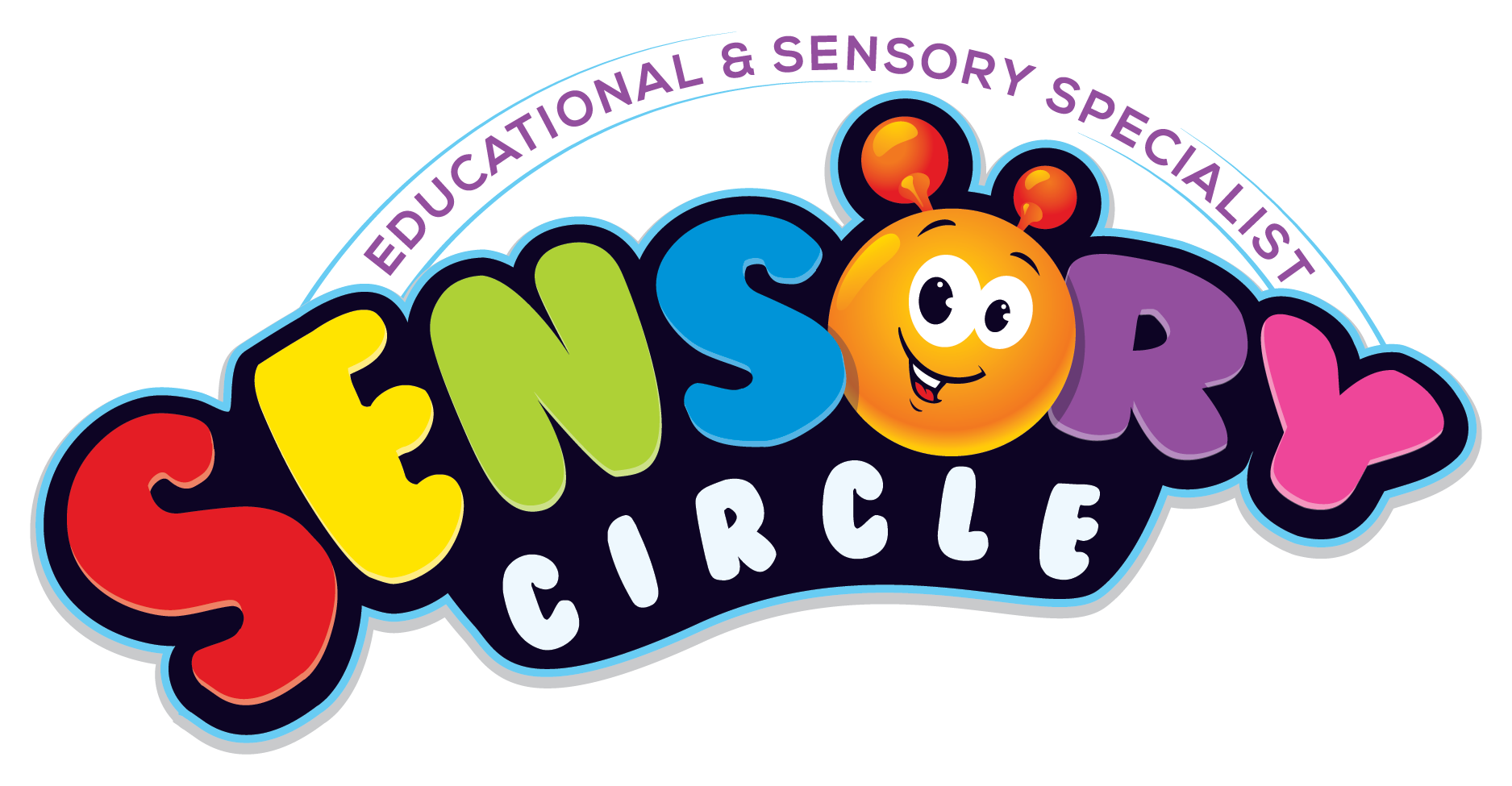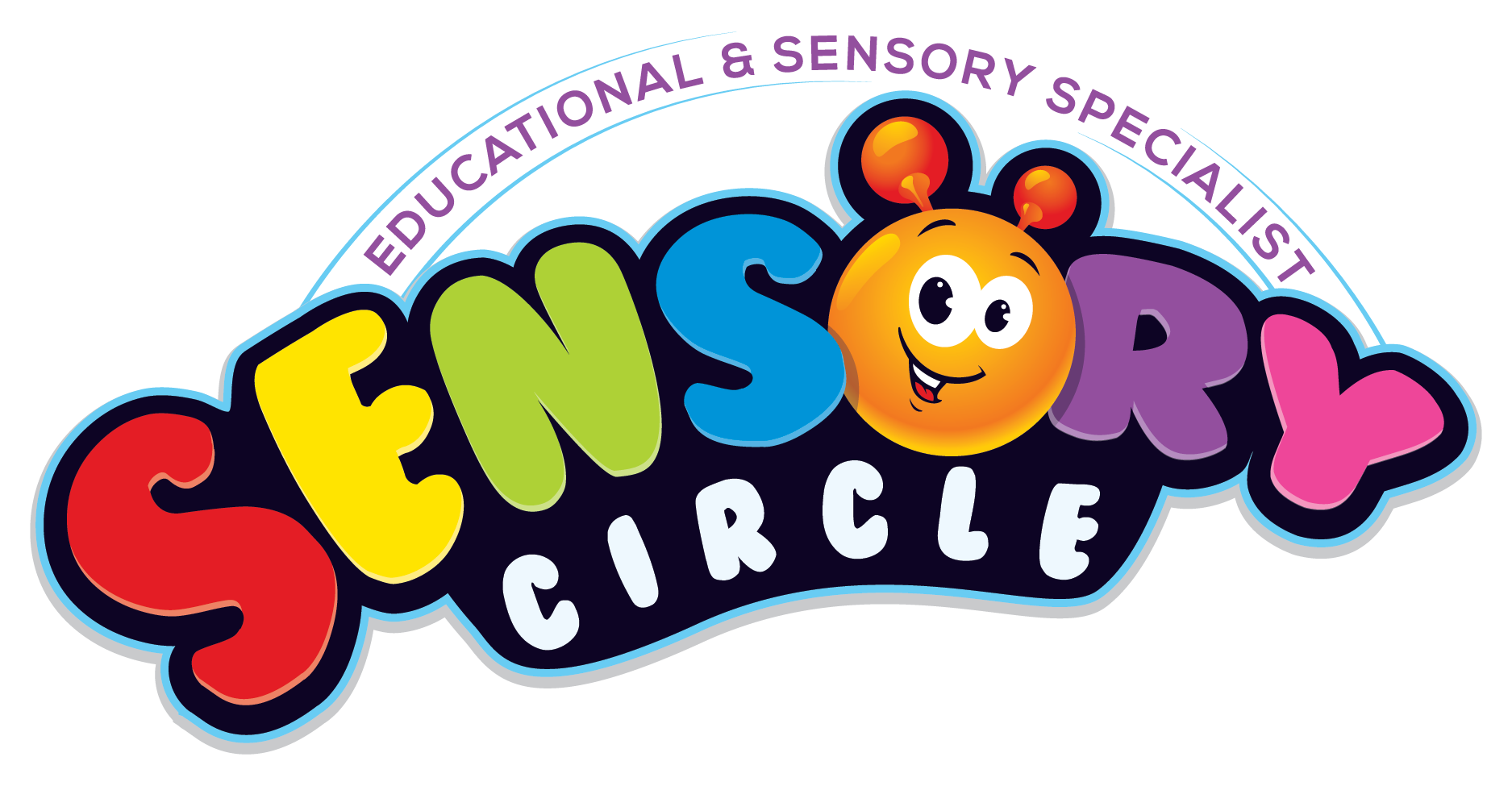
Understanding one's own thoughts and emotions is key to fostering empathy and connection in relationships. With CBT's emphasis on self-awareness, individuals can recognize how their inner dialogue influences their interactions with others. By being more mindful of their emotional responses and learning to manage them productively, people can engage in more meaningful conversations and cultivate stronger bonds. This deepened understanding often leads to improved listening skills, which are fundamental in any relationship, be it personal or professional.
Moreover, when individuals undergoing CBT work on restructuring their negative beliefs and cognitive distortions, they become less reactive in challenging situations. This newfound emotional regulation enables smoother conflict resolution and helps prevent trivial issues from escalating into major disputes. Ultimately, by honing these essential skills through CBT, individuals can nurture healthier relationships built on trust, effective communication, and mutual respect.
Boosting Problem-Solving Skills
Cognitive Behavioral Therapy (CBT) not only focuses on improving mental health but also hones problem-solving skills. By delving into the thought patterns and cognitive processes that influence decision-making, CBT helps individuals sharpen their ability to approach challenges logically. For example, a person struggling with social anxiety can learn through CBT how to navigate social situations by identifying negative beliefs and replacing them with more constructive thoughts.
The practical tools provided by CBT are instrumental in addressing various obstacles effectively. Techniques such as breaking down complex problems into smaller, manageable parts or creating action plans to tackle specific issues empower individuals to confront difficulties with a structured approach. For instance, someone dealing with work-related stress can use CBT strategies to break down overwhelming tasks into actionable steps, leading to a sense of accomplishment and reduced anxiety levels.
By fostering logical thinking and decision-making processes, CBT equips individuals with the skills needed for problem-solving in both personal and professional spheres. This approach encourages individuals to challenge automatic negative thoughts that may impede their problem-solving abilities and replace them with more rational perspectives. Ultimately, the goal of boosting problem-solving skills through CBT is to enhance an individual's capacity to navigate life's challenges with resilience and confidence.
Conclusion In conclusion, Cognitive Behavioural Therapy (CBT) offers a myriad of benefits for individuals struggling with mental health issues. From helping to manage anxiety and depression to enhancing coping skills and self-awareness, CBT equips individuals with practical tools to navigate life's challenges effectively. By empowering individuals to become their own therapists, fostering resilience through cognitive restructuring, improving relationships through better communication, and boosting problem-solving skills, CBT stands out as a versatile and impactful form of psychotherapy.
If you are seeking a structured yet personalized approach to address your mental health concerns, consider exploring Cognitive Behavioural Therapy (CBT). Its evidence-based strategies have shown remarkable results in promoting positive changes in behavior, thoughts, and emotions. Embrace the opportunity to embark on a journey towards improved mental well-being by incorporating the key benefits of CBT into your life. Take the first step towards a healthier mindset today.





